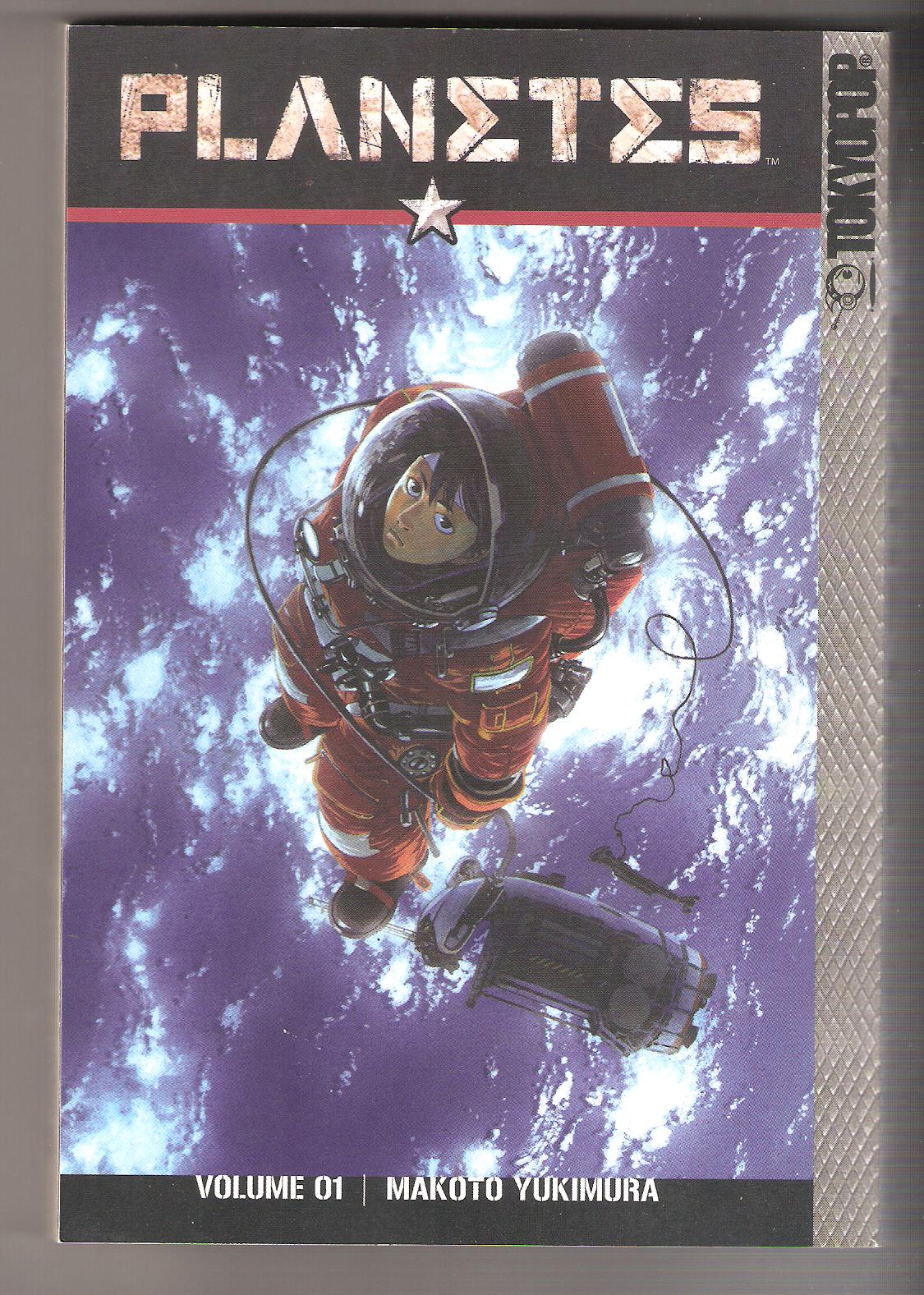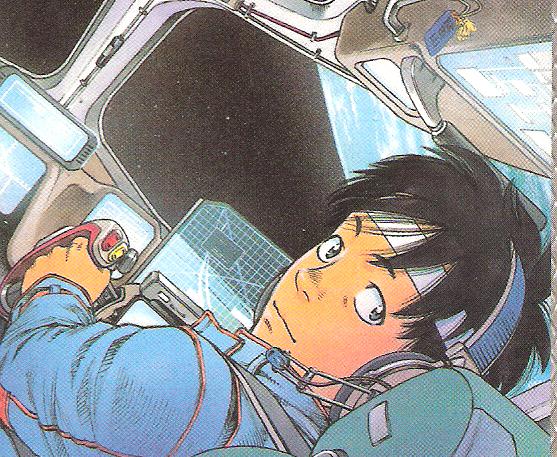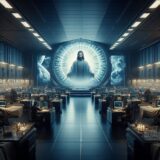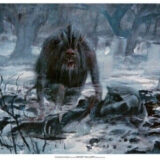The Japanese manga Planetes reminds us that it’s not always about destroying the Death Star
Sometimes, I tell people that it’s my brother Nick’s fault.
Back in those dim, dark days before home video, Nick gave me an audio cassette that he had recorded, with the suggestion that I should check it out. “It” turned out to be an episode of Star Blazers , an animated TV series from Japan that came to America in the late 1970s.
The tape was interesting enough that I started watching the show (No small accomplishment, since the local TV station ran it in a pre-school time slot). The complete Star Blazers was interesting enough that it made me want to check out another Japanese import, a TV show called Robotech. I enjoyed that show enough that I jumped at the chance to write original Robotech comics early in my career as a comics scripter. Seventy-eight issues later, I’m still glad I got involved, both with Robotech and manga in general.
All of which, I guess, is a roundabout way of saying that I will be talking about manga occasionally in this space, but I intend to focus on books that I think will be of the most interest to Amazing’s audience. So I won’t be talking about things like Train Man or Hikaru No Go here (as much as I like them). But I will be talking about things like Planetes, which was published in America in 2003.
Created by Yakoto Yukimura, Planetes is a real rarity: a genuine hard science fiction story in visual form. In Japan, Planetes received the 2002 Seiun award, which is roughly equivalent to the Hugo in this country.
Planetes follows the crew of the Toy Box, a ship that collects outmoded satellites and other, potentially dangerous man-made debris. In this world–roughly 70 years in the future–the human race has a strong presence in outer space. The asteroid belt is being explored, and the first generation born and raised on the moon is nearing adulthood.
At the same time, extremist groups are trying to keep man out of space, sometimes through violence.
As you might imagine, the work done by the Toy Box’s crew, while important, gets little respect. This is particularly grating to Hachimaki Hoshino. As Planetes begins, Hachi (Hachimaki–or Hachi–is a nickname, which refers to the headband that he constantly wears.) is trying to save enough money to buy his own ship.
Before long, though, he decides to apply for the first expedition to Jupiter, which will be captained by his estranged father, in order to earn the money that he wants.
Goro Hoshino is a veteran astronaut, but somewhat lacking as a human being, a womanizer who has all but abandoned his family. He’s not about to welcome his son with open arms
As Yukimura chronicles Hachi’s journey, he also creates backgrounds for the other members of the Toy Box’s crew. Yuri Malakoff is trying to deal with his wife’s dying from–and his surviving–an accident caused by space debris. For a long time, the most important thing in Fee Carmichael’s life seems to be finding a legal–and safe–place to smoke on the moon. However, she eventually finds something else to fight for.
The stories in Planetes range significantly in tone. In an early sequence, a well-known resident of the lunar colony walks out on the surface and waits for his life support run out, rather than returning to Earth. In another story, Tanabe–a later addition to the crew– befriends a young man known as the Baron, who claims to be an extraterrestrial. (Nobody except Tanabe believes this, but nobody thinks the Baron’s worldview disqualifies him from working in space.)
On the visual side, all the characters in Planetes can be identified as coming from a manga. They look positively naturalistic, though, compared the highly-stylized characters in more recent series. In addition, vehicles and astronomical scenes are rendered with meticulous attention to detail.
Planetes was also adapted into an animated TV series, which is available here in America. The series changes the format somewhat, but remains true to the theme and tone of the original.
One place on-line where you can sample the anime is: www.mangareader.net/968-38382-2/planetes/chapter-1.html.
Thanks again, Nick.












The anime adaptation is streaming on Crunchyroll. It's terrific. I'm putting it on my Hugo ballot this year.
I'm so excited that someone is going to be posting mostly about manga! I will probably do a few posts on it myself (because I'm honestly more of a manga-reader than an anime-watcher), but my exposure to science fiction manga is remarkably limited. The only thing I can think of that I've read is the Gundam Wing one-shots.
I've been considering reading Planetes lately, and I really appreciate your review! I'll have to check it out. =]
Planetes was fun as an anime, I'm sure the manga is better.
My problem with manga is the tiny size of the books. I am low vision and there are some things too tiny for even my reading glasses AND a 4x magnifier. I refuse to read on the computer, I am, sitting at it long enough.
Are they published so tiny in Japan?
A 10" tablet will allow me to read manga electronically, as soon as they become more affordable…
Manga seem to be published in several different sizes. My collection is nothing special, but the books I have range from 4 by 7 inches to 5 by 7 inches (digest size) to 9 by 12 inches.
I'm seriously pleased to see appreciation for Planetes. I really enjoyed this series. I've unfortunately watched the anime and it certainly suffered from some weird pacing issues towards the finale. Not sure if that's the case in the manga format, but I'd love to find out. Also, serious props for Robotech, that show cemented my interest in stories about space with large robots.
Another series I would consider looking into is Space Brothers by Chūya Koyama. I can only suggest considering it, since that as far as I've gotten. I've heard nothing but serious acclaim for the series, though.
Space Brothers is a new name to me, but I'll see if I can run it down.